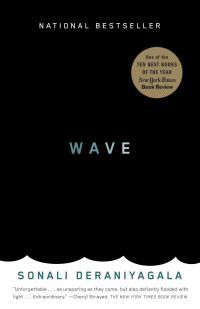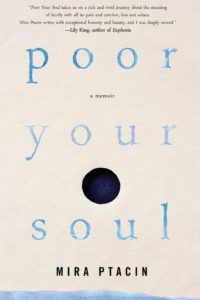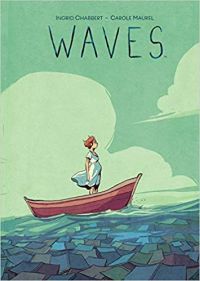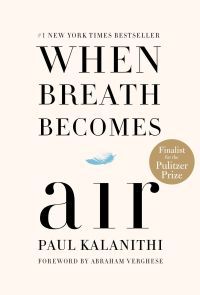Nobody needs to see that. The book is a memoir from a man who lost his 2-year-old daughter to the most pointless and random accident—and that’s only the beginning. If you can inch your way past this horrific tragedy, you eventually make your way into a gorgeously written account of not only grief and loss, but also hope and healing. But it’s a tough road to get there. As the mother of a 4-year-old, this book feels especially heartbreaking. As I read, the book can’t help but serve as a reminder of how helpless I am. After all, though I want to protect my daughter from everything that might touch her, I can’t. No one can. “No one had warned me that with a child comes death,” wrote author Claudia Dey in The Paris Review, in a piece that resonated deeply. “Death slinks into your mind. It circles your growing body, and once your child has left it, death circles him too.” But as much as books like this rip my heart to shreds, I find that I can’t stop reading them. I’m not sure why. Maybe the books in some way legitimize my many neuroses? Maybe the reading and the crying and the reading and the crying is a catharsis?
A post shared by Steph Auteri (@stephauteri) on May 19, 2019 at 5:08am PDT Whatever it is, there are several grief memoirs in this vein that have stayed with me. Greene’s book is one of them. Here are four more:
Wave by Sonali Deraniyagala
This is the account of a woman who loses everyone she loves in a tsunami off the coast of Sri Lanka—including her two sons. Deraniyagala is the sole survivor, and the book recounts the years of grief she experiences after her loss. In fact, she has yet to find healing by the end of her book, and her ongoing despair feels unbearable. All the reader can do is bear witness to her pain.
Poor Your Soul by Mira Ptacin
I put off reading this grief memoir about a pregnancy the author was forced to terminate due to the revelation that the fetus was carrying a number of birth defects and would have no choice of surviving outside the womb. I had recently grit my teeth through several years of infertility, and the premise of the book scared me. But Ptacin’s book is a master class in memoir writing, and her story of tough decisions, inner strength, and moving forward is inspiring.
Waves by Ingrid Chabbert and Carole Maurel
This graphic memoir is a quick read, but it packs a big emotional punch. The couple in this book struggle for years to conceive a child, and when the author finally becomes pregnant they are elated, quick to share the happy news. But then the unthinkable occurs, and Chabbert and her partner are forced to muddle their way forward, reevaluating what their vision of a happy future might look like. I blew my way through this but was still crying by the end.
When Breath Becomes Air by Paul Kalanithi
It may seem strange to include Kalanithi’s book on this list. After all, the author is the one who dies—not his child. As many of you know, this is the posthumously published memoir of a neurosurgeon who was diagnosed with stage IV lung cancer. Upon receiving his diagnosis, he is forced to reevaluate his purpose in life. The entire tale is upsetting, but what had me completely undone was the thought of those he had to leave behind…loved ones he didn’t have nearly enough time with. What books have broken you into a billion pieces? And what is it about these stories that we connect to so strongly?



